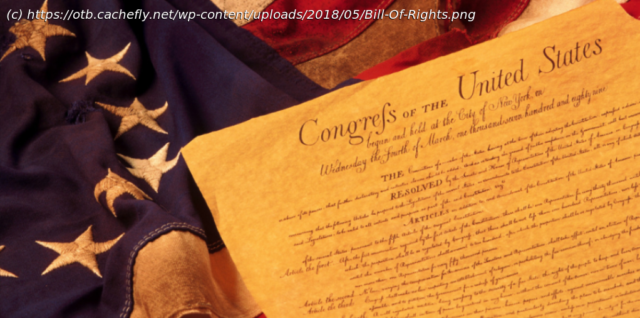The Supreme Court issued a ruling that places new limits on civil asset forfeiture by state and local government.
The Supreme Court handed down what is likely to be a landmark ruling that restrains the ability of state and local jurisdictions to seize property as part of a criminal case, holding that the Eighth Amendment’s ban on excessive fines applies to the states and the practice of so-called civil asset forfeiture:
WASHINGTON — Siding with a small time drug offender in Indiana whose $42,000 Land Rover was seized by law enforcement officials, the Supreme Court on Wednesday ruled that the Constitution places limits on civil forfeiture laws that allow states and localities to take and keep private property used to commit crimes.
Civil forfeiture is a popular way to raise revenue, and its use has been the subject of widespread criticism across the political spectrum.
In a 2017 opinion, Justice Clarence Thomas wrote that “this system — where police can seize property with limited judicial oversight and retain it for their own use — has led to egregious and well-chronicled abuses.” His opinion cited reporting from The Washington Post and The New Yorker.
The Supreme Court has ruled that the Eighth Amendment, which bars “excessive fines,” limits the ability of the federal government to seize property. On Wednesday, the court ruled that the clause also applies to the states.
Previously, the Supreme Court had never squarely addressed that question. It had addressed the status of the Excessive Fines Clause, but only in the context of the federal government. The court had, however, previously ruled that most protections under the Bill of Rights apply to the states — or were incorporated against them, in the legal jargon — under the 14th Amendment, one of the post-Civil War amendments.
Justice Ruth Bader Ginsburg, writing for eight justices, said the question was an easy one. “The historical and logical case for concluding that the 14th Amendment incorporates the Excessive Fines Clause is overwhelming,” she wrote.
“For good reason, the protection against excessive fines has been a constant shield throughout Anglo-American history: Exorbitant tolls undermine other constitutional liberties,” she wrote. “Excessive fines can be used, for example, to retaliate against or chill the speech of political enemies.”
“Even absent a political motive,” she wrote, quoting from an earlier decision, “fines may be employed ‘in a measure out of accord with the penal goals of retribution and deterrence,’ for ‘fines are a source of revenue,’ while other forms of punishment ‘cost a state money.”
Justice Ginsburg wrote that excessive fines have played a dark role in this nation’s history.
“Following the Civil War,” she wrote, “Southern States enacted Black Codes to subjugate slaves and maintain the prewar racial hierarchy. Among these laws’ provisions were draconian fines for violating broad proscriptions on ‘vagrancy’ and other dubious offenses.”
Amy Howe posts her analysis at SCOTUSBlog:
The Supreme Court today ruled that the Eighth Amendment’s ban on excessive fines applies to the states. The decision is a victory for an Indiana man whose luxury SUV was seized after he pleaded guilty to selling heroin. It is also a blow to state and local governments, for whom fines and forfeitures have become an important source of funds.
(…)
Timbs asked the Supreme Court to weigh in, and today the justices held that the Eighth Amendment’s ban on excessive fines does indeed apply to the states.






